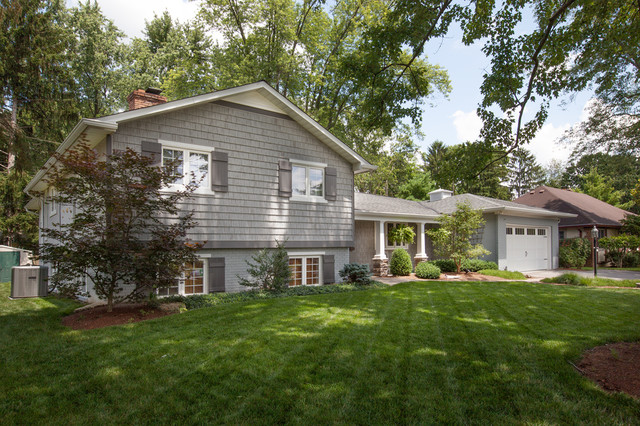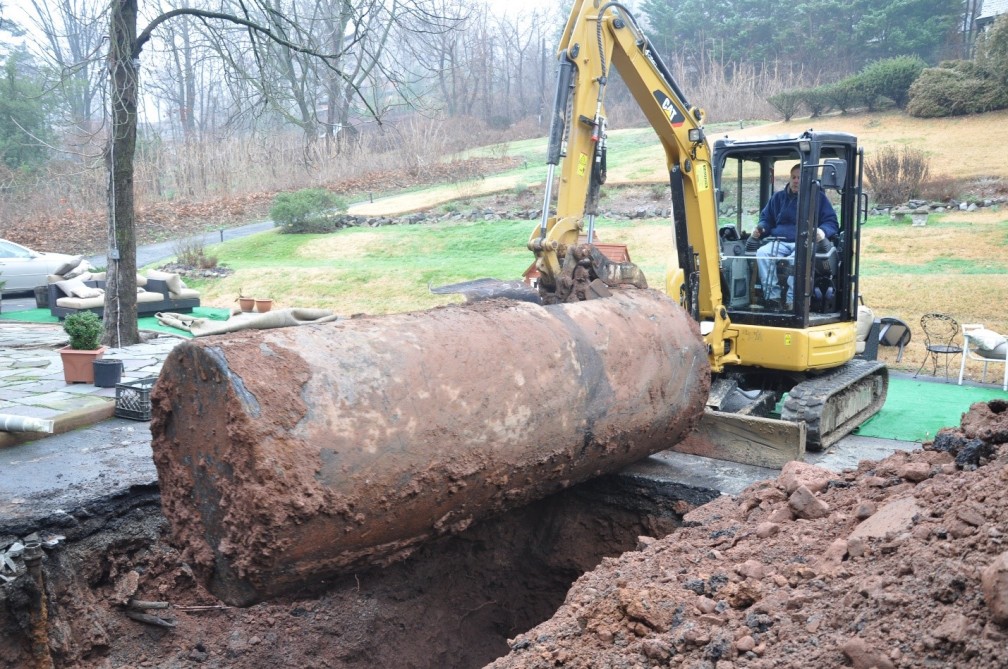
So you want to buy a house but you’re not sure how much money you need for closing costs on top of the down payment. Well, here is an overview of what you can expect to pay in North New Jersey on a home purchase of $500,000.
Information was provided by:
Paul Davis from Annie-Mac Home Mortgages pdavis@annie-mac.com 856-334-3181
When you receive a loan estimate (LE) from a lender, there are approximately six categories of charges, collectively known as closing costs or sometimes called settlement charges.
The categories are as follows:
Origination charges – these are the costs for originating the loan and any loan discount points you would elect to pay to discount the interest rate. The origination charges vary from bank to bank. Banks are subject to an incredible amount of compliance requirements and the additional staffing required to meet the compliance regulations has greatly increased the cost for banks to originate a loan. You can expect to pay anywhere from $500 up to $2,500 for origination charges. The origination charge is often called the bank fee.
Services you cannot shop for – the charges in this category include the credit report, the flood certification, tax service, lender’s title insurance and appraisal fees. The credit report is anywhere from $15 to $30 per applicant. The flood certification, which is provided by FEMA, is $25. The tax service is typically $75. The lender’s title insurance policy has to be enough to cover the amount of the mortgage. In this scenario, figure $1700 for the necessary coverage. The cost of the appraisal is determined by the type of loan and the type of home that is being purchased. An FHA appraisal tends to be $50 to $75 higher than an appraisal on a conventional loan. Expect to pay between $375 and $475 for an appraisal on a single family home. Appraisals performed on multi-family homes and homes to be used as investment properties are more expensive because more work is required by the appraiser.
Services you can shop for – the charges in this category are for items such as the title services, any elective inspections or treatments, and attorney fees. You can expect title services to cost an additional $1200-1400. The home inspection could cost anywhere from $600 up to $1,000 and typically includes a termite inspection. Often times a client will choose to have the grounds of the subject property checked for underground tanks. The cost of these sweeps are typically below $400. A land survey, while not required by the lender and typically not required by the title company, is money well spent to firmly establish the legal boundaries of your subject property. These land surveys can run from $450 up to $1,000. Attorney fees vary but you can expect to pay around $1200 to $1500.
Taxes and other government fees – each County has a charge to record the deed and the mortgage at the County Courthouse. Expect to pay between $400 and $500.
Prepaids – prepaids are for items such as home insurance premiums (the lenders require 12 months to be paid up front), any mortgage insurance premium if required, and prepaid interest which is collected at settlement to cover the interest that accrues from settlement day until the last day of the month. Also, any property taxes that are due within 60 days of settlement are typically collected.
Initial escrow payment at closing – if you elect to have the lender collect for the property taxes and the homeowners insurance (and flood insurance when required), this is known as ‘escrowing’. The lender will project how many months of taxes and insurance are required to be collected at settlement so that, with your monthly contributions, the escrow account will have sufficient funds to pay the taxes and insurance premiums as they come due.
In total, these costs amount to roughly 2-5% of the purchase price of the home and are in addition to the cash down payment you will need for the loan.
For more information to go: http://www.urbansuburb.com.



